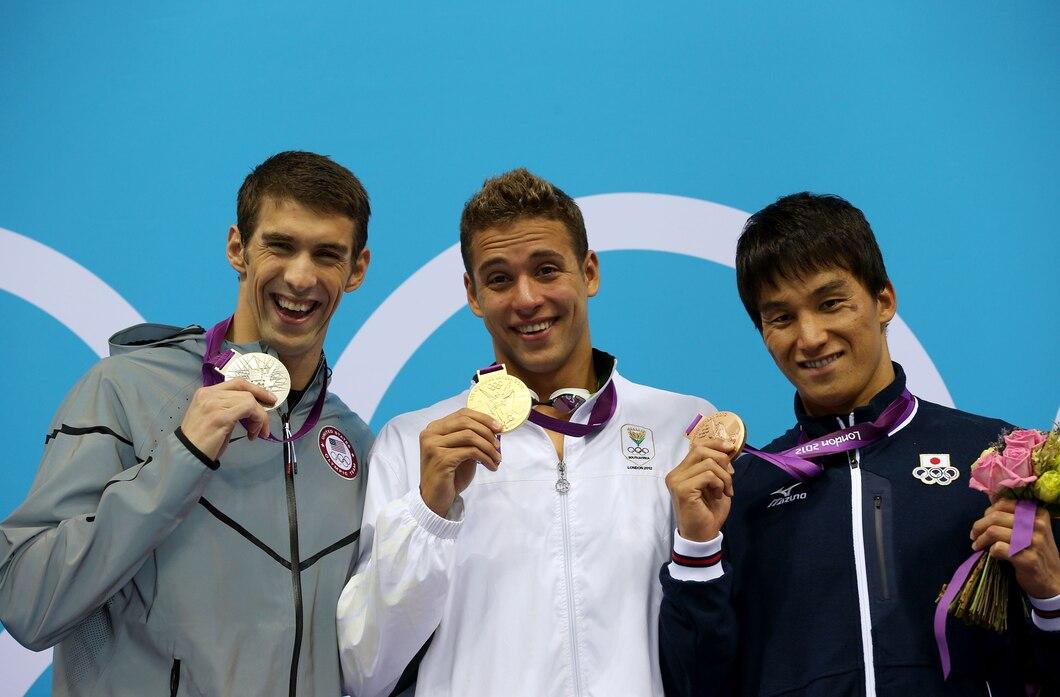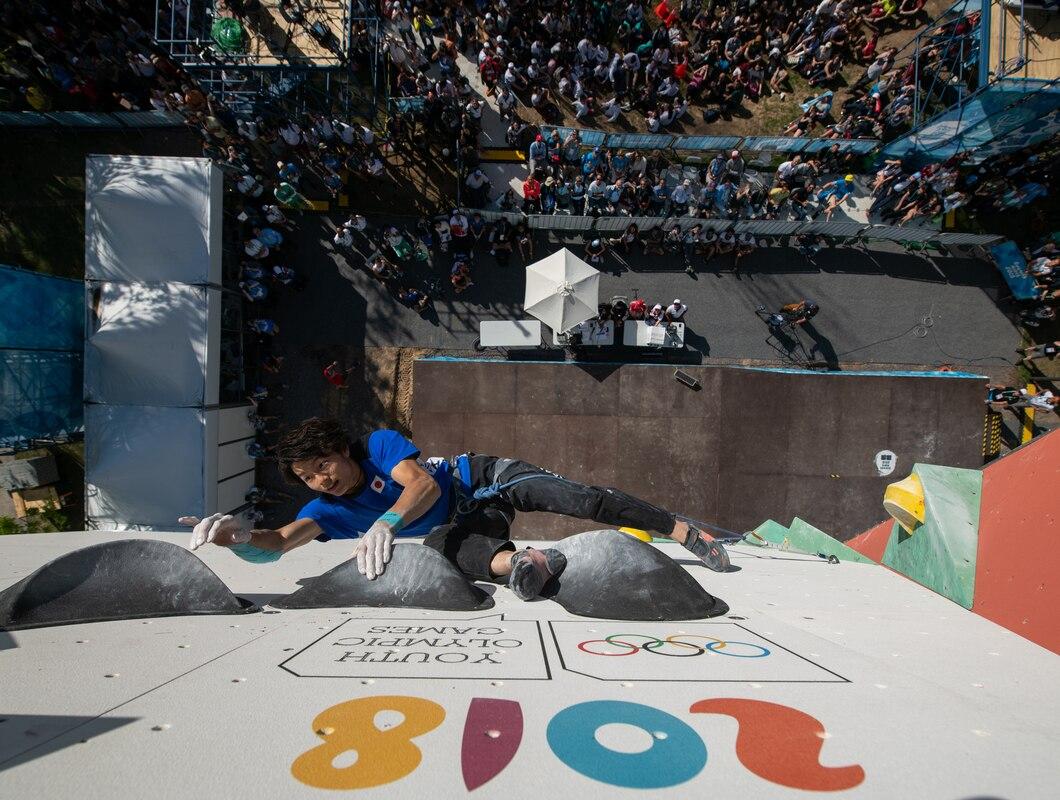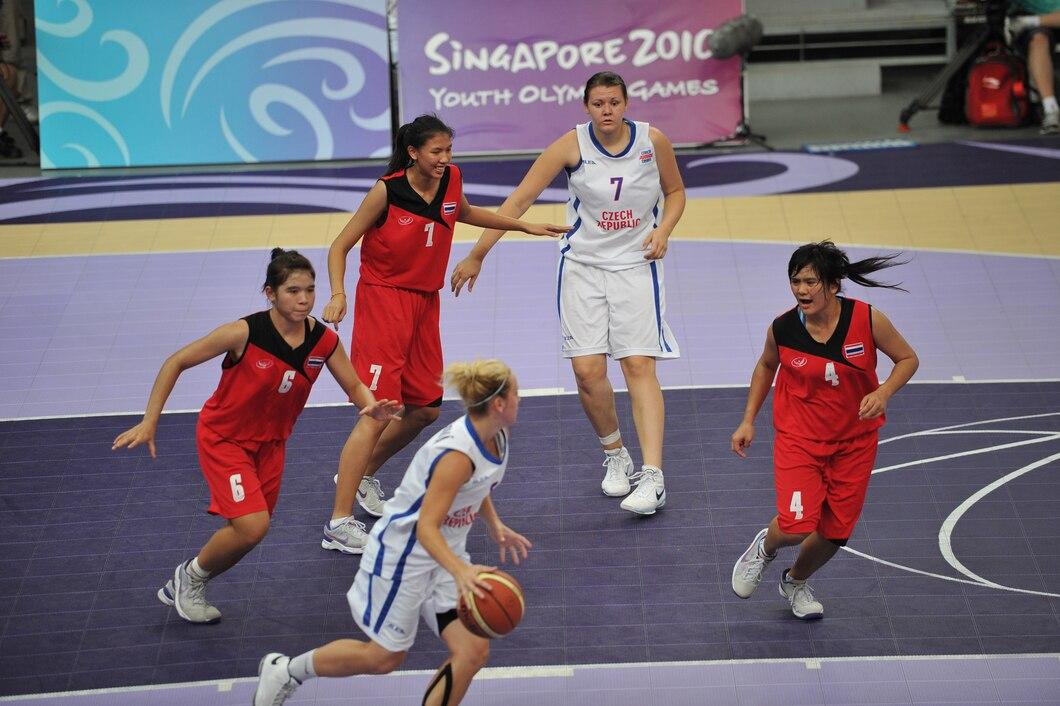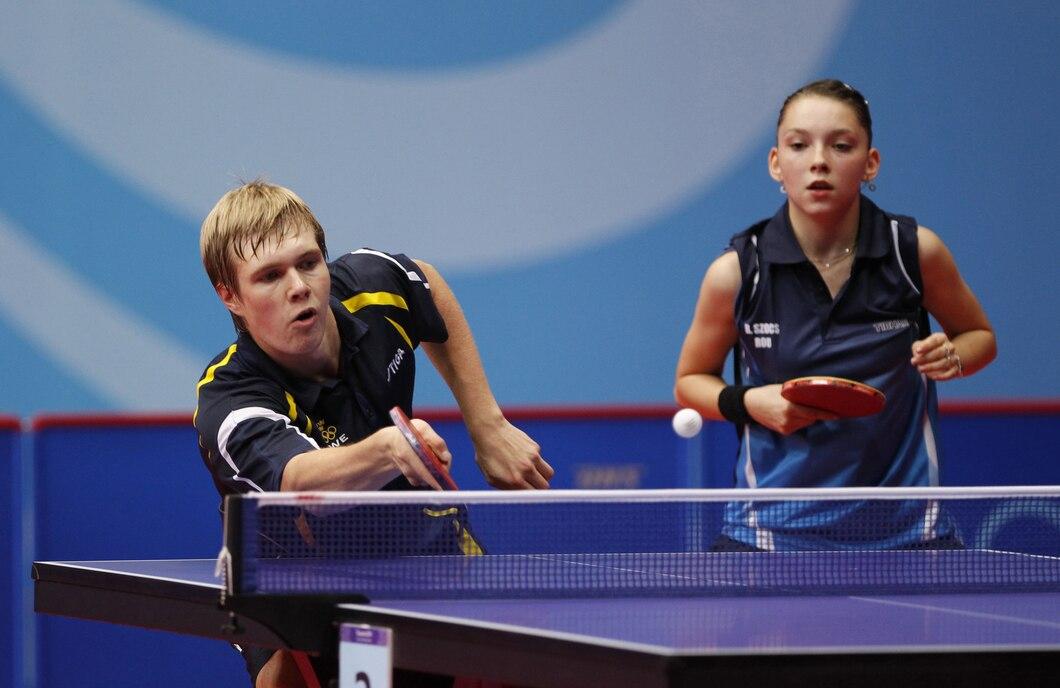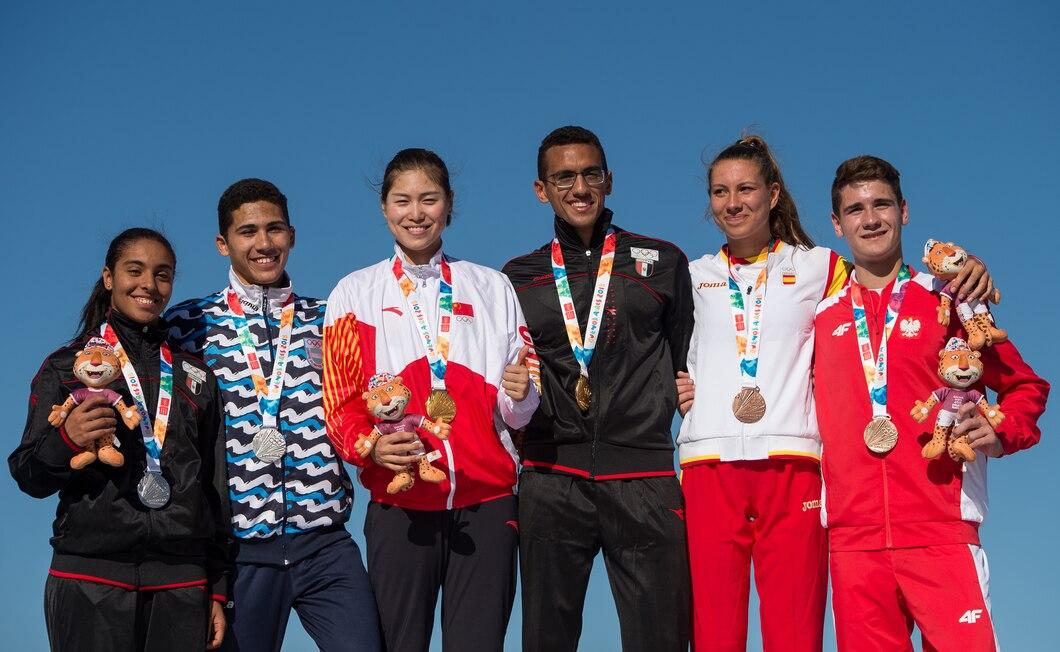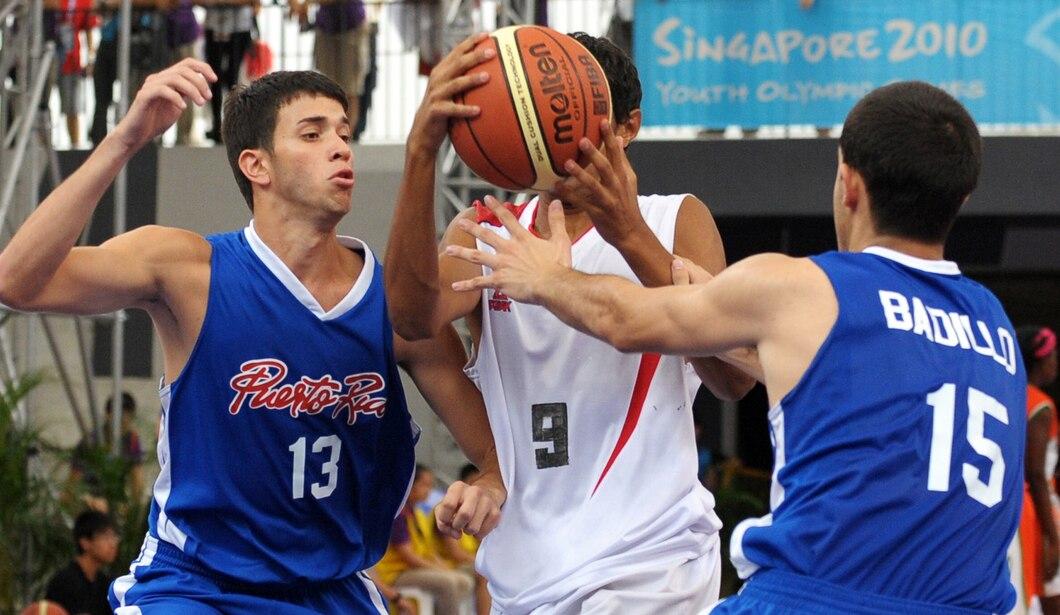Ten Years of the Youth Olympic Games (YOG)
International Olympic Committee
"I feel like an expectant father waiting in the delivery room for the birth to happen," declared Jacques Rogge, the then President of the International Olympic Committee (IOC), in the hours leading up to the Opening Ceremony of the first-ever Youth Olympic Games, which were held in Singapore 10 years ago this month. "I'm optimistic, but I still want to see the baby being born."
Ten years on from those initial YOG, it is clear that Rogge and the entire Olympic Movement can be very proud of what their “baby” has become. The YOG are now an established elite sporting event that brings young people together from all over the world, providing them with an environment in which they are encouraged to learn, share and build friendships, while supporting them to become the best they can be both on and off the field of play. Here, we take a look at some of the ways the YOG have been most impactful over the last 10 years…
A SPRINGBOARD FOR SPORTING SUCCESS
One of the most significant impacts of the YOG has been their role in providing a springboard for young athletes to launch themselves onto the international stage. Since Singapore 2010, more than 900 (911) YOG athletes have gone on to become Olympians, with 264 appearing at the Olympic Winter Games and 647 at the Summer Games. In addition, more than 100 (109) YOG athletes have won Olympic medals, with 69 stepping onto the podium at Rio 2016 alone. With their unique blend of elite-level sport, culture and education, the YOG continue to give promising young athletes an early taste of the Olympic experience, standing them in good stead for the transition to the Olympic Games and providing a strong pathway for aspiring Olympians.
LONG-TERM BENEFITS FOR HOST CITIES
As well as helping to launch the careers of hundreds of young athletes, the YOG have also had a similarly positive impact on the cities that have hosted the event. In Singapore, for instance, the Singapore Olympic Foundation (SOF) was established in order to uphold the legacy of the YOG 2010 through a series of educational, cultural and sport participation programmes for the local youth. This has included the launch of the annual Singapore Youth Olympic Festival (SYOF), which provides a platform for local young people to showcase their sporting talents, and scholarships to help fund their burgeoning sporting careers.
Nanjing, host of the YOG 2014, has also become a more active city after making physical activity and sport more accessible to the local population. This has included the launch of the Sunshine Sports programme, which guarantees one hour of sports practice per day to those schools in the programme, and the organisation of almost 4,000 mass participation sporting events in the city between 2014 and 2018, helping to develop a stronger sporting culture.
Long-term benefits from hosting the YOG 2018 are now also being seen in Buenos Aires. The Argentine capital’s Youth Olympic Park, which was home to 13 of the 32 sports on the YOG programme, now provides a high-performance sports facility for the country’s top athletes, while the Youth Olympic Village, where the young athletes stayed during the Games, has been converted into affordable housing for more than 6,000 people, creating a new neighbourhood within the city.
EXCITING NEW EVENT FORMATS
One of the most striking features of the YOG has been the array of new and exciting event formats that have featured on the sports programme. At Singapore 2010, this included the international debut of 3x3 basketball, which will now be played at the Olympic Games for the first time next year in Tokyo. Among the other new sports formats to have featured at the YOG are hockey5s, beach handball and the monobob, while beach wrestling and baseball5 will feature on the programme for the next Summer YOG in Dakar, underlining the event’s status as an incubator for innovation.
MIXING IT UP
The YOG Singapore 2010 also saw the introduction of a range of mixed gender and mixed National Olympic Committee team events, helping to foster gender equality and bring athletes from around the world together like never before, giving those from different countries the chance to compete alongside each other. The mixed gender events have proven so successful that many other elite sporting competitions have now adopted similar events, including the Olympic Games Tokyo 2020. Next year’s Games are set to feature a variety of new mixed events, including a 4x400m relay in athletics, a 4x100m relay in swimming, team events in judo and archery, a triathlon relay, mixed doubles table tennis and three team competitions in shooting.
LEADING THE WAY ON GENDER EQUALITY
The YOG broke new ground at Buenos Aires 2018, achieving gender equality for the first time at an Olympic event, with an equal number of male and female athletes competing. “This is an excellent step forward,” said IOC President Thomas Bach at the time. “We have made history – to have equal numbers of women and men competing for the first time at an Olympic Games or Youth Olympic Games.” The Winter YOG Lausanne 2020 were subsequently the first Olympic winter event to have the same number of athletes of both genders.
NEW SPORTS IN THE SPOTLIGHT With one of Olympic Agenda 2020’s key objectives being to increase engagement with younger generations, the YOG have not been afraid to include new, more urban and globally popular sports on the programme – sports that may not usually be seen at an Olympic event. At the YOG Buenos Aires 2018, this included the addition of breaking, karate, roller sports and sport climbing events, bringing yet another new dimension to the YOG and highlighting their reputation as a place of innovation for the Olympic Movement. UPPORTING THE NEXT GENERATION OF YOUNG SPORTS LEADERS While the IOC Young Leaders Programme has been an integral part of every edition of the YOG, giving inspirational young people the chance to support the young athletes during the Games, 2016 saw the introduction of a new element of the programme, offering all alumni the chance to seek funding for grassroots projects in their communities that try to use sport to make the world a better place. Some of the early projects that received funding included a mission of US YOG athletes who travelled to Mexico to build a home for a disadvantaged family, an initiative that used university facilities to offer after-school sports clubs to underprivileged young people in Chile, and a programme that introduces karate to women and the visually impaired in Moldova. The Young Leaders initiative has so far supported more than 100 projects worldwide, with Young Leaders using sport to promote themes such as education, social inclusion, sustainability and well-being, reaching more than 25,000 people in communities across the globe. The programme has now been expanded and is also available to those who have not participated as a Young Leader at the YOG, giving more young people the opportunity to create positive change in their communities through the power of sport.

